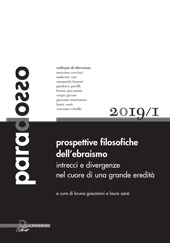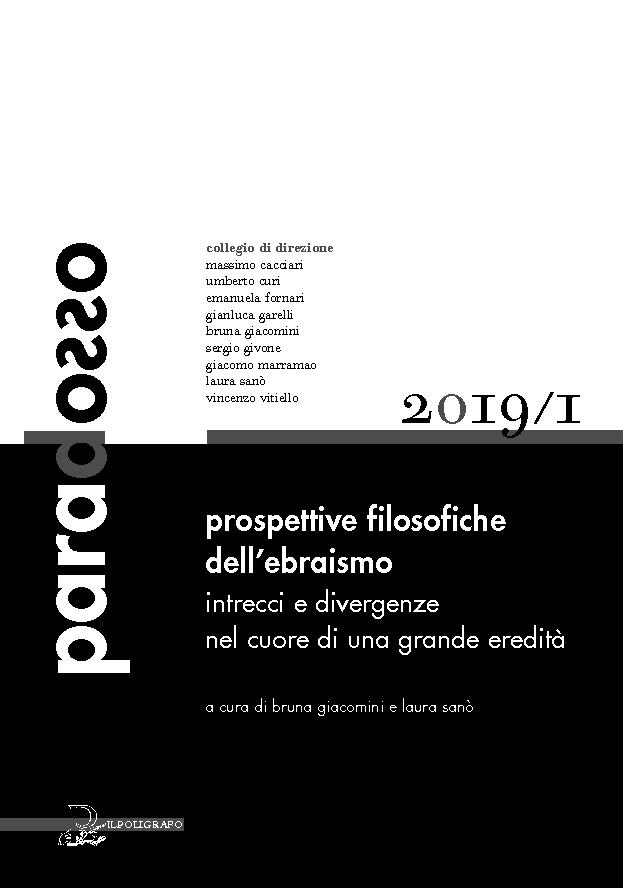Questioni di identità : ebraicità e politica in Hannah Arendt
P. 155-166
The article examines Arendt's confrontation with some Jewish issues, especially with regards to the question of identity. First, Arendt finds problematic the notion of "Jewish identity", she accepts being born a Jew as a given fact, but claims the right to interpret her Jewishness in her own way, as a condition and an experience. Second, by analyzing the parvenu and the pariah, she shows the ambiguity of the Jewish identity. She criticizes both assimilation and Zionism, two forms of the lack of politics and the denial of human plurality. On one side, being part of a community cannot turn into the dissolution of differences, on the other, the life of the self depends upon the presence of others in a concrete public sphere. The condition of exclusion of stateless persons is even more dramatic. Third, Arendt points out the contradictions of the nation-state, in which people with different national roots are either assimilated or ejected.
She rejects the nationalistic and essentialist forms of identity and she criticizes the State of Israel because a confessional and ethnic state jeopardizes political freedom. Therefore, the so-called "Jewish question" is primarily a historical condition that requires a political response. The paper contends that Arendt's examination of the aspects related to a supposed "Jewish identity" – like the relationship between individual identity and shared community, worldlessness and participation – plays a preeminent role in her political thought. [Publisher's text]
Fa parte di
Paradosso : rivista di filosofia : 1, 2019-
Articoli dello stesso fascicolo (disponibili singolarmente)
-
Informazioni



